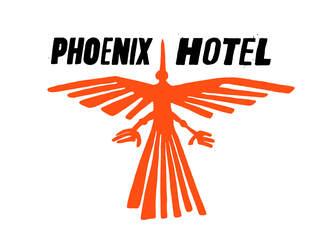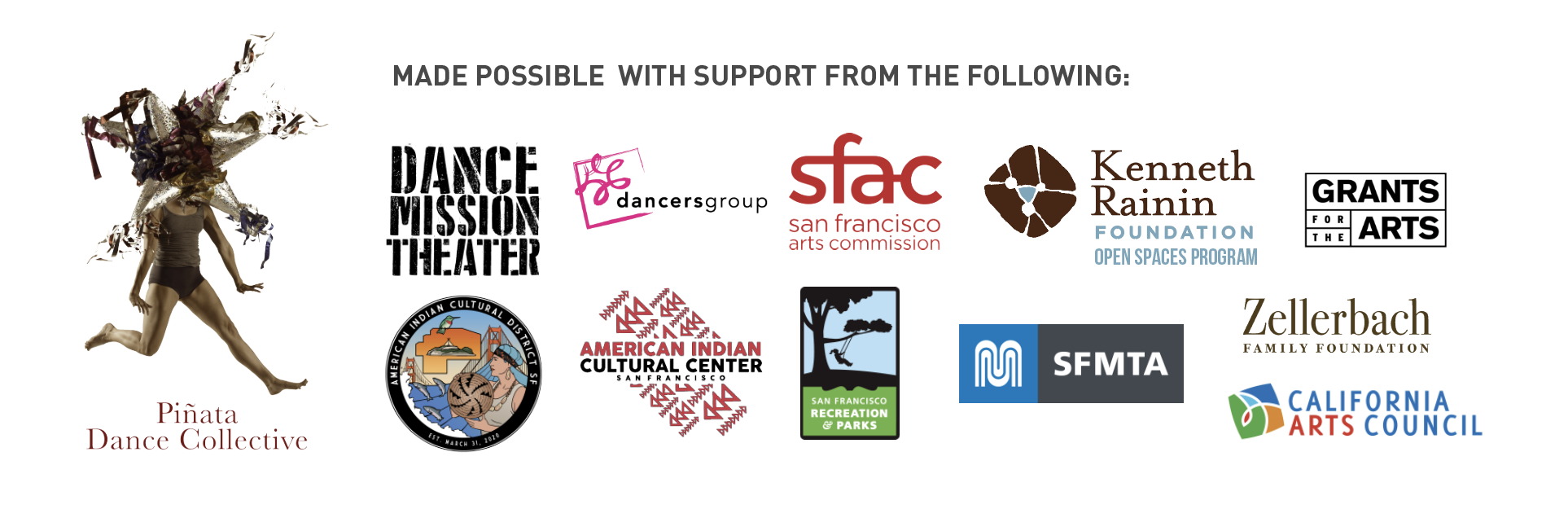As the co-director of FLACC, I experienced a literal breakthrough and healing in the lead up to our fifth-year anniversary. Not everybody knows this but, in 2017, I had a near death experience and could not attend the festival which I co-curated. I suffered a near-death experience in Mexico during the turbulent week of September during which catastrophic earthquakes left many dead. As a dancer, I always expected that I would experience some type of an injury, but I never imagined it would be something so significant as re-learning how to walk, shower, and eat. I have yet to process the entirety of the experience but I am starting to put words to this past year.
The journey has been long and it has never been linear. I was evacuated out of Mexico and spent four months bed-bound to recover from complex fractures sustained on the right-side leg, hip, and elbow. After I was cleared to put weight on my foot in early January, I started to work diligently on my physical therapy regime. I was bed bound for most of the day and would use a wheelchair when I got up to the bathroom. Though I was patient with myself, I was determined to walk as soon as possible. I had the double challenge of having the entire right-side of my body injured, which prevented me from being able to use a walker because I could not put weight on my elbow until it healed. This delayed the time that I could put weight on my leg. Physical and occupational therapists would visit my house at least four times a week as part of the home health care. They facilitated rigorous exercises to get my range of motion back and to make sure that my muscles were not atrophying. The aim was to increase the muscle mass on my legs and glutes so that I would hold myself up when I walked. Yet my wounds were still healing so the experience of putting weight on any muscles was excruciating. I can still feel the time I sat on the side of my bed and put weight on my swollen right foot for the first time. I would talk to my muscles and encourage them. At times they would talk back and tell me they were still traumatized from the experience. They were having a hard time relaxing. The progress appeared slow to me even though doctors told me they were surprised by my progress.
As all of this was happening, I was thinking about the preparations for FLACC 2018. I was excited, but I experienced a level of anxiety thinking about the fact that I did not know if I was going to recover my ability to walk. Also, I wondered to myself, “Will I have the same interest and ability to support the festival in the way I wanted before my injuries?” What is more, I was experiencing a lot of anxiety and I was not sure if I would feel comfortable being around a lot of people during the festival’s activities. Yet I felt encouraged and supported by Liz, the co-director, and Zoë, the production manager, and the rest of the fabulous team. They gave me the space and time to respond to the project’s needs based on the progress of my recovery.
So now, it is December 2018 and the festival is over. Thanks to support from the California Arts Council’s Cultural Pathways grant and increased contributions from the Zellerbach Foundation, Rootberg Foundation, and Fleishhacker Foundation, we had the resources to sustain us this year. I was able to lead the festival’s inaugural works-in-progress series La Estación. I facilitated the artist panel discussion at the Latinx Research Center. I helped MC the festival at Dance Mission Theater. All of this participation took a lot of work, energy, and focus. I am grateful for the support from my team at FLACC, my partner Melissa, and the numerous dancers near and far that encouraged me via words or through gifts. The recovery process has not been a linear path and I do not expect I will ever be the same person I was before the injury. However, I am encouraged by my grandmother who, as she facetimed me while I was still in Mexico, looked directly at me and said, “Eres un guerrero.” Yes, grandma, I am a warrior and your guerrera spirit and strength will guide me through the next steps as we prepare for FLACC 2019.
Juan Manuel Aldape Munñoz
The journey has been long and it has never been linear. I was evacuated out of Mexico and spent four months bed-bound to recover from complex fractures sustained on the right-side leg, hip, and elbow. After I was cleared to put weight on my foot in early January, I started to work diligently on my physical therapy regime. I was bed bound for most of the day and would use a wheelchair when I got up to the bathroom. Though I was patient with myself, I was determined to walk as soon as possible. I had the double challenge of having the entire right-side of my body injured, which prevented me from being able to use a walker because I could not put weight on my elbow until it healed. This delayed the time that I could put weight on my leg. Physical and occupational therapists would visit my house at least four times a week as part of the home health care. They facilitated rigorous exercises to get my range of motion back and to make sure that my muscles were not atrophying. The aim was to increase the muscle mass on my legs and glutes so that I would hold myself up when I walked. Yet my wounds were still healing so the experience of putting weight on any muscles was excruciating. I can still feel the time I sat on the side of my bed and put weight on my swollen right foot for the first time. I would talk to my muscles and encourage them. At times they would talk back and tell me they were still traumatized from the experience. They were having a hard time relaxing. The progress appeared slow to me even though doctors told me they were surprised by my progress.
As all of this was happening, I was thinking about the preparations for FLACC 2018. I was excited, but I experienced a level of anxiety thinking about the fact that I did not know if I was going to recover my ability to walk. Also, I wondered to myself, “Will I have the same interest and ability to support the festival in the way I wanted before my injuries?” What is more, I was experiencing a lot of anxiety and I was not sure if I would feel comfortable being around a lot of people during the festival’s activities. Yet I felt encouraged and supported by Liz, the co-director, and Zoë, the production manager, and the rest of the fabulous team. They gave me the space and time to respond to the project’s needs based on the progress of my recovery.
So now, it is December 2018 and the festival is over. Thanks to support from the California Arts Council’s Cultural Pathways grant and increased contributions from the Zellerbach Foundation, Rootberg Foundation, and Fleishhacker Foundation, we had the resources to sustain us this year. I was able to lead the festival’s inaugural works-in-progress series La Estación. I facilitated the artist panel discussion at the Latinx Research Center. I helped MC the festival at Dance Mission Theater. All of this participation took a lot of work, energy, and focus. I am grateful for the support from my team at FLACC, my partner Melissa, and the numerous dancers near and far that encouraged me via words or through gifts. The recovery process has not been a linear path and I do not expect I will ever be the same person I was before the injury. However, I am encouraged by my grandmother who, as she facetimed me while I was still in Mexico, looked directly at me and said, “Eres un guerrero.” Yes, grandma, I am a warrior and your guerrera spirit and strength will guide me through the next steps as we prepare for FLACC 2019.
Juan Manuel Aldape Munñoz
 RSS Feed
RSS Feed


